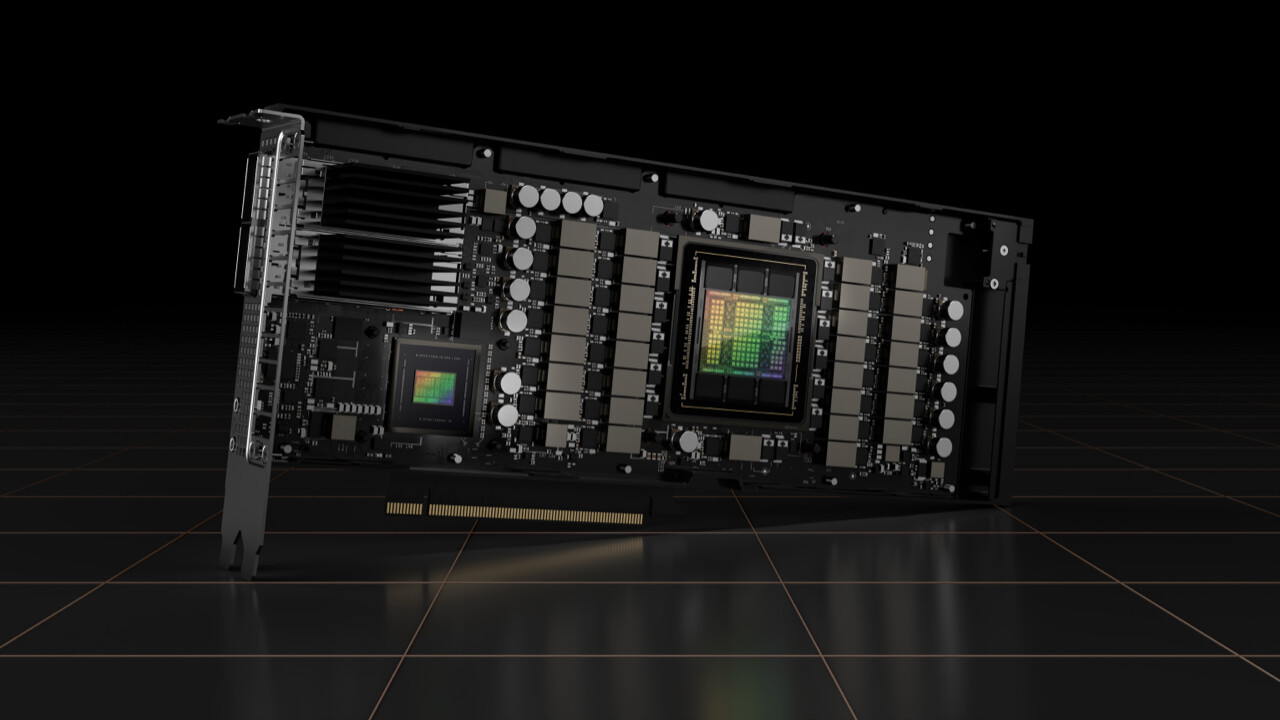Exportverbot nach China: US-Regierung legt Nvidia A100 und H100 an die Kette

Neue Handelsrestriktionen der US-Regierung könnten Nvidia bis zu 400 Millionen US-Dollar kosten, denn nach China und auch Russland darf gewisse Ware nicht exportiert werden. Dazu zählen in erster Linie die aktuellen Profi-GPUs der Serie A100 (Ampere) aber auch der Nachfolger H100 (Hopper). Auch AMD dürfte betroffen sein.
Von AMD war bisher nur zu vernehmen, dass man eine ähnliche Auflage von den US-Behörden erhalten hat. Beim Hersteller könnte die neue Serie Instinct MI200 betroffen sein mit dem Flaggschiff MI250X, welche unter anderem im weltweit stärksten Supercomputer Frontier steckt. Der Vorgänger Instinct MI100 sei demnach aber nicht betroffen, schreibt Protocol. Hier gilt es jedoch noch genauere Aussagen abzuwarten.
Bei Nvidia ist der Umfang der Auswirkungen deutlich größer, könnten im schlimmsten Fall bis zu 400 Millionen US-Dollar Verlust im aktuellen Quartal bedeuten, sollten entsprechende Lizenzen mit Großkunden nicht verlängert, erneuert oder überhaupt ausgestellt werden. Nicht nur ist Ampere in dem Profi-Bereich die bisher nahezu fast ausschließlich genutzte Marke, auch vorkonfigurierte Systeme wie die DGX-Serie sind direkt betroffen. Und vor dem Start von Hopper ist auch das für diese Generation ein Schuss vor den Bug. Die offizielle Stellungnahme von Nvidia liest sich deshalb wenig rosig.
On August 26, 2022, the U.S. government, or USG, informed NVIDIA Corporation, or the Company, that the USG has imposed a new license requirement, effective immediately, for any future export to China (including Hong Kong) and Russia of the Company’s A100 and forthcoming H100 integrated circuits. DGX or any other systems which incorporate A100 or H100 integrated circuits and the A100X are also covered by the new license requirement. The license requirement also includes any future NVIDIA integrated circuit achieving both peak performance and chip-to-chip I/O performance equal to or greater than thresholds that are roughly equivalent to the A100, as well as any system that includes those circuits. A license is required to export technology to support or develop covered products. The USG indicated that the new license requirement will address the risk that the covered products may be used in, or diverted to, a ‘military end use’ or ‘military end user’ in China and Russia. The Company does not sell products to customers in Russia.
The new license requirement may impact the Company's ability to complete its development of H100 in a timely manner or support existing customers of A100 and may require the Company to transition certain operations out of China. The Company is engaged with the USG and is seeking exemptions for the Company’s internal development and support activities.
In addition, the Company is engaging with customers in China and is seeking to satisfy their planned or future purchases of the Company’s Data Center products with products not subject to the new license requirement. To the extent that a customer requires products covered by the new license requirement, the Company may seek a license for the customer but has no assurance that the USG will grant any exemptions or licenses for any customer, or that the USG will act on them in a timely manner.
The Company’s outlook for its third fiscal quarter provided on August 24, 2022 included approximately $400 million in potential sales to China which may be subject to the new license requirement if customers do not want to purchase the Company’s alternative product offerings or if the USG does not grant licenses in a timely manner or denies licenses to significant customers.
Als Gründe werden die gleichen genannt, die in den letzten Jahren stets von der US-Regierung angegeben wurden, wenn es um das heikle Thema Hochtechnologie ging. Moderne Hardware der westlichen Welt könnte demnach für das Militär abgezweigt werden oder in anderen Kreisen ähnlicher Natur zum Einsatz kommen. Das will die USA soweit wie es möglich geht über offizielle Kanäle einschränken, gänzlich verhindern lässt es sich am Ende ohnehin nicht.
Firmen wiederum sehen darin auch eine Stärkung der aufstrebenden Mitbewerber, allen voran aus China selbst, die beispielsweise mit (älteren) ARM-Lizenzen oder nun gänzlichen Eigenentwicklungen arbeiten. Diese mögen zwar noch immer nicht ganz das allerbeste Niveau erreichen, für viele Dinge sind sie jedoch bereits heute gut gerüstet.
